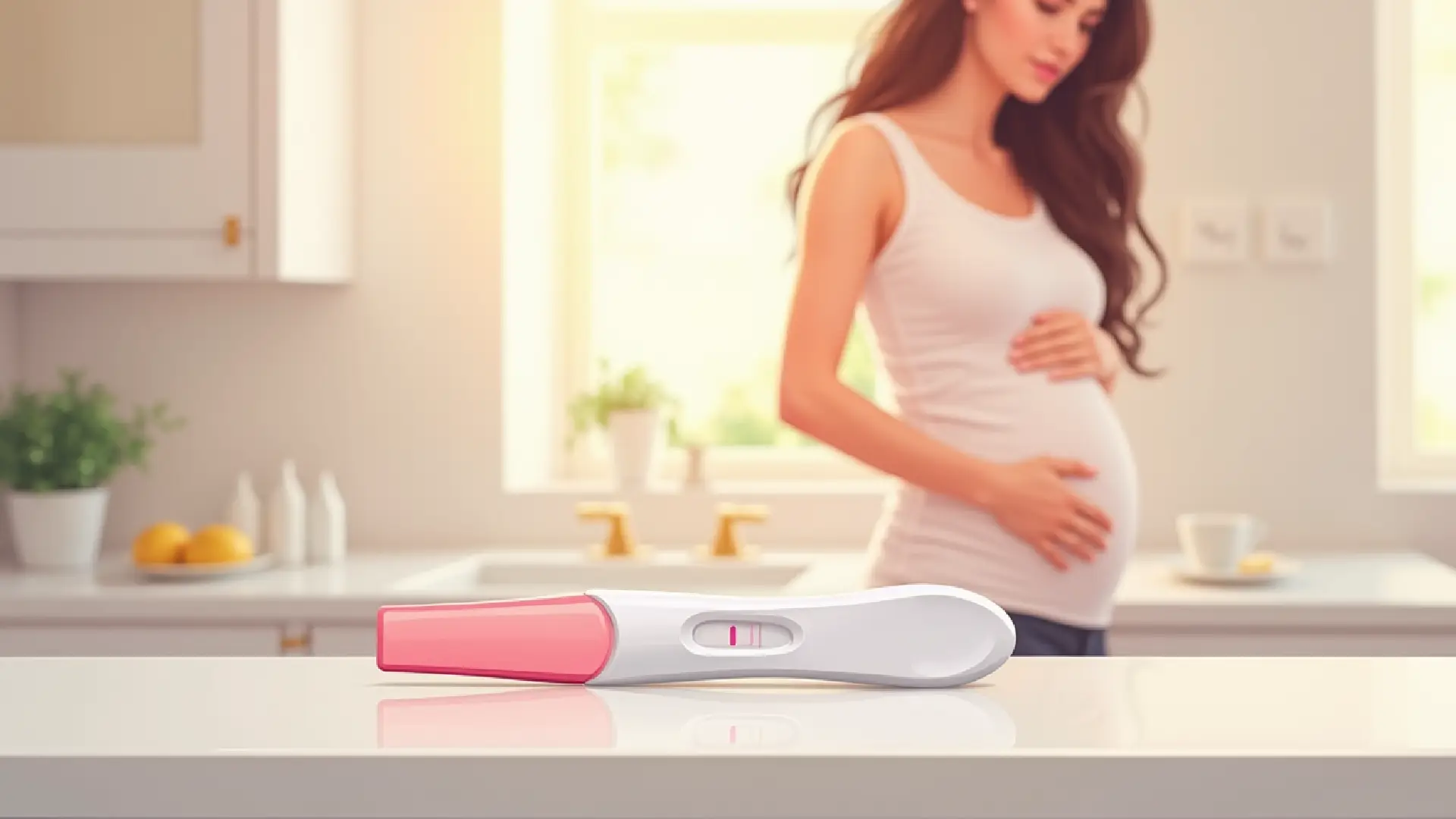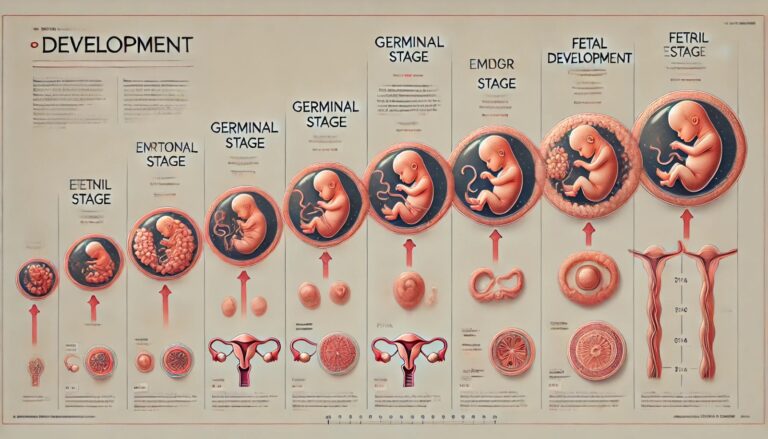5 Essential Facts About Pregnancy Tests for 100% Accurate & Trustworthy Results
Confirming a pregnancy is a significant step, whether you’re actively trying to conceive or suspect an unexpected pregnancy. Pregnancy tests check for a hormone called human chorionic gonadotropin (hCG).
The body produces this hormone during pregnancy. Knowing how these tests work can help you get accurate results. Knowing the best time to take them is also important.
Table of Contents
How Do Pregnancy Tests Work?

The Role of hCG in Pregnancy Testing
After a fertilized egg implants into the uterine lining, the body begins producing hCG. This hormone’s levels increase rapidly in early pregnancy, doubling approximately every 48–72 hours. Manufacturers design pregnancy tests to detect hCG in the body, confirming pregnancy.
Types of Pregnancy Tests: Urine vs. Blood Tests
- Urine Pregnancy Tests (Home Pregnancy Tests)
- Home pregnancy tests are easy to use and popular. They have a strip that changes color or shows a symbol when hCG is in the urine.
- How to Use a Home Pregnancy Test Correctly
- Check the expiration date before use.
- Use your first-morning urine, as it contains the highest concentration of hCG.
- Follow the test instructions closely. You can dip the test strip into a urine sample or hold it under your urine stream.
- Wait for the recommended time (usually 2–5 minutes) to read your result.
- When used correctly, home pregnancy tests can be about 99% accurate after the day of a missed period.
- Blood Pregnancy Tests
- Blood tests done at a healthcare provider’s office can determine if you are pregnant sooner than urine tests. They also give a clear measurement of hCG levels. Two types exist:
- Qualitative Blood Test: Confirms the presence of hCG in your bloodstream.
- Quantitative Blood Test: Measures the exact amount of hCG, helping to track pregnancy progression.
- Doctors often use these tests in fertility treatments. Doctors also use them to confirm pregnancy early, before an ultrasound can detect it.
How Accurate Are Pregnancy Tests?
When used correctly, pregnancy tests are about 99% accurate. However, several factors can affect accuracy:
- Timing: Testing too early may lead to a false negative result because hCG levels are too low.
- Diluted Urine: Drinking excessive fluids before testing can dilute hCG concentrations in urine.
- Incorrect Usage: Not following instructions properly can affect the result.
- Expired Tests: Always check the expiration date on the package.
False Negative Pregnancy Test: Causes & Solutions
A false negative occurs when you are pregnant, but the test shows negative. This can happen due to:
- Testing too early: It’s advisable to wait until after your missed period for accurate results.
- Diluted urine: Testing late in the day after drinking a lot of water may reduce hCG levels.
- Incorrect usage: Not following test instructions properly.
If you get a negative result but still suspect pregnancy, wait a few days and test again.
False Positive Pregnancy Test: What You Need to Know
False positives are rare but can occur because:
- Chemical pregnancies: Extremely early miscarriages.
- HCG-containing fertiliHome pregnancy tests provide a fast and simple way to learn if you are pregnant. treatments.
- Medical conditions: Certain conditions can affect hormone levels.
If you receive a positive result, confirm it with a second test or a blood test at your healthcare provider’s office.
When to Take a Pregnancy Test for the Best Accuracy
Best Time of Day
The ideal time to test is first thing in the morning when hCG is most concentrated.
Best Day to Test
For the most accurate result, take the test after a missed period. Some tests say they can detect pregnancy just 10 days after ovulation. However, waiting longer can lower the chance of false negatives.
What to Do If You Get a Negative Test but Still Suspect Pregnancy
Retest after a few days, as hCG levels double every 48–72 hours. If you still have pregnancy symptoms but keep getting negative results, talk to a healthcare provider about a blood test.
What to Do After a Positive Pregnancy Test
If your pregnancy test is positive, here’s what to do next:
- Confirm Pregnancy: Schedule an appointment for a blood pregnancy test or ultrasound.
- Start Prenatal Care: Begin taking prenatal vitamins with folic acid to support early fetal development.
- Adopt Healthy Habits: Avoid alcohol, smoking, and excessive caffeine.
- Monitor Symptoms: Keep track of any unusual symptoms and consult your doctor if needed.
Key Takeaways: Ensuring Accurate Pregnancy Test Results
- At-home pregnancy tests are a fast and convenient way to check for pregnancy.
- Blood pregnancy tests are more sensitive and can detect hCG earlier.
- Taking the test in the morning and after a missed period is advisable for the most accurate result.
- False negatives can occur when testing too early, while false positives are rare but possible.
- If uncertain, consult a healthcare provider for a blood test to confirm pregnancy.
Grasping the mechanics of pregnancy tests and knowing the optimal time to take them can lead to the most precise outcomes. Whether opting for a home test or a blood test, adhering to the right procedures is crucial.








2 Comments